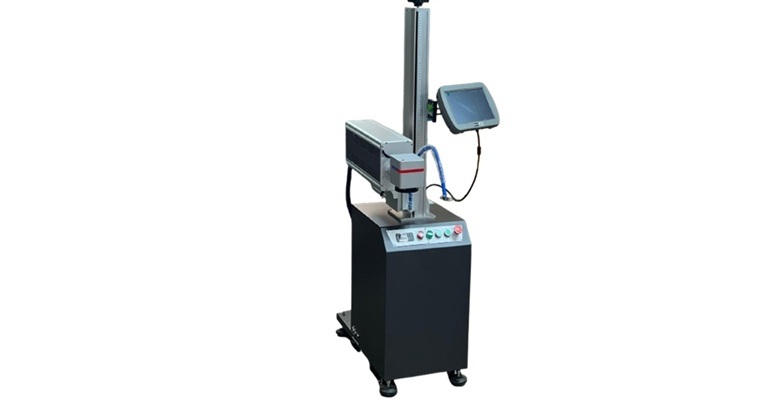Schedule a Call Back
Decision-makers under pressure to enhance automation in EV manufacturing, Zebra study
 Industry News
Industry News- Feb 15,23
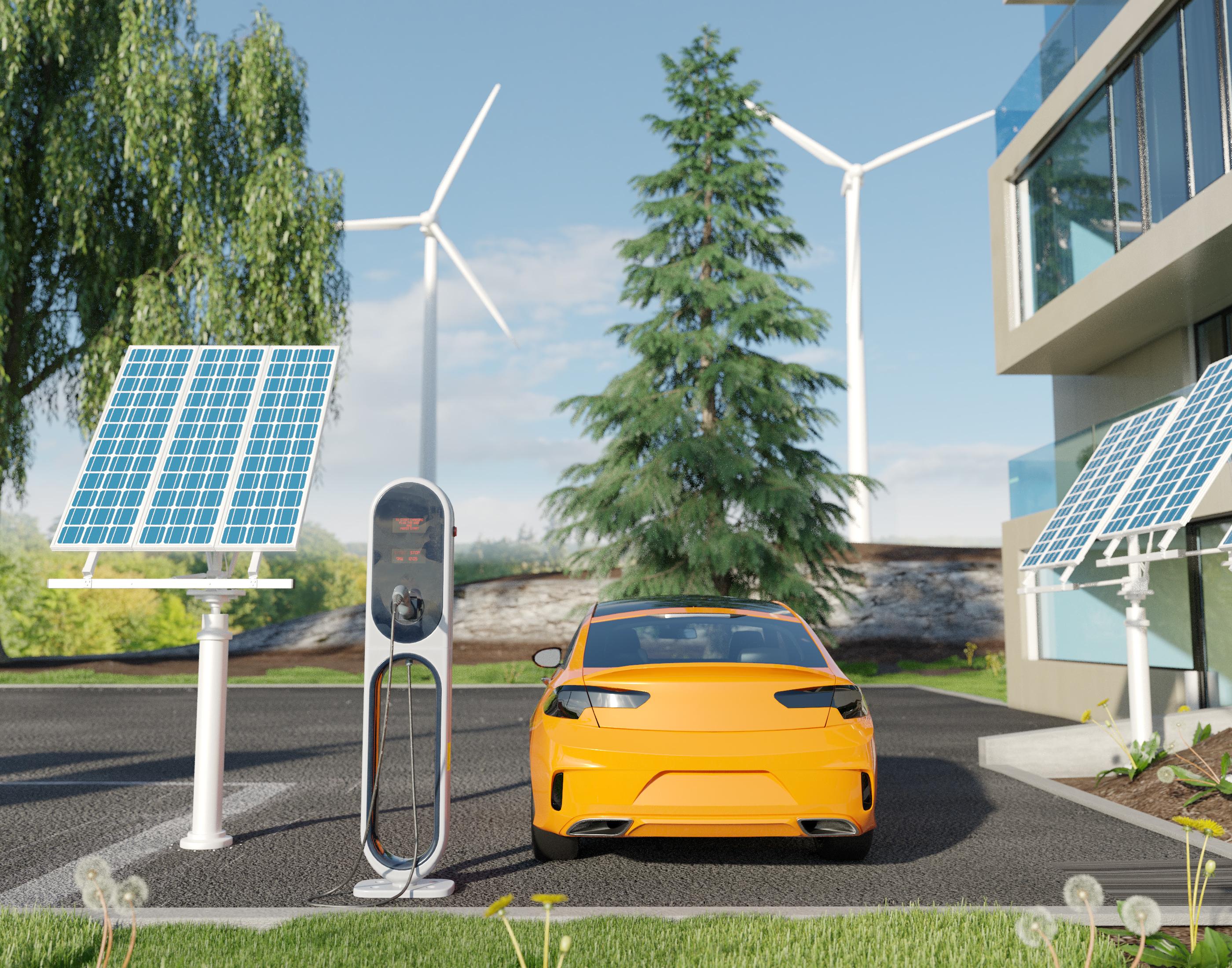
Related Stories
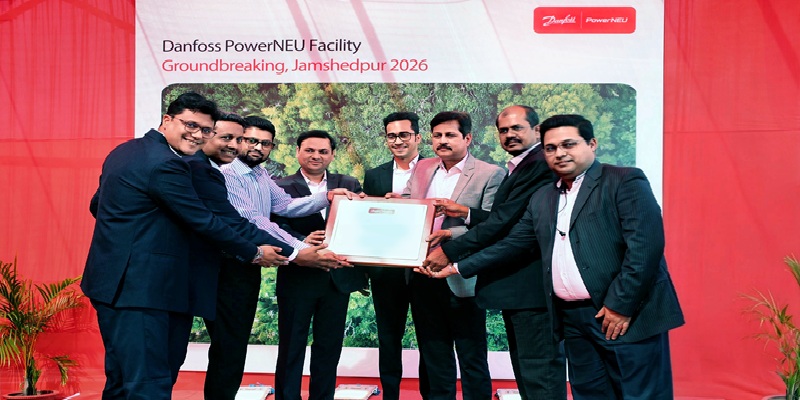
Danfoss, PowerNEU Launch JV to Drive Decarbonisation in Metals Sector
New Danfoss PowerNEU JV in Jamshedpur strengthens local execution and decarbonisation solutions for India’s metals industry.
Read more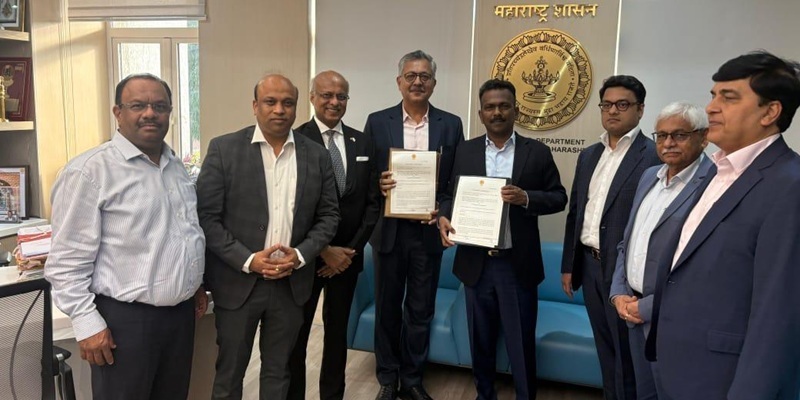
ICC, Maharashtra Government Sign MoU to Deepen Industry–State Engagement
Indian Chamber of Commerce (ICC) and the Maharashtra Government ink an MoU to boost investment facilitation, policy dialogue and ease of doing business.
Read more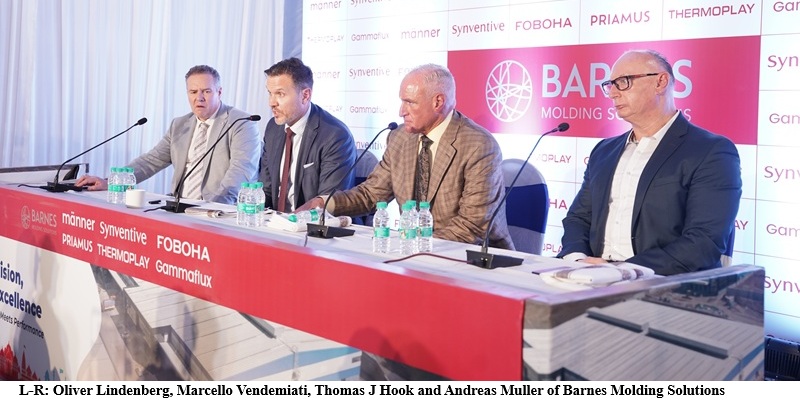
Germany's Barnes Molding Solutions Opens $30 Mn Greenfield Facility in Pune
New Chakan plant strengthens Barnes Molding Solutions’ Asia strategy with local manufacturing and service capabilities.
Read moreRelated Products

Automotive Oil Pump
Kalpak Auto Pvt Ltd offers a wide range of
automotive oil pump.
Tata Motors unveils facilities for development of Hydrogen propulsion tech
Tata Motors, India?s largest automobile company, unveiled two state-of-the-art & new-age R&D facilities for meeting its mission of offering sustainable mobility solutions. The unveilings constitute of Read more
Tata Motors plans petrol powertrain for Harrier and Safari SUVs
Tata Motors is in the process of developing a new petrol powertrain for its premium sports utility vehicles, the Harrier and Safari, as confirmed by a senior company official. Currently, these models Read more





